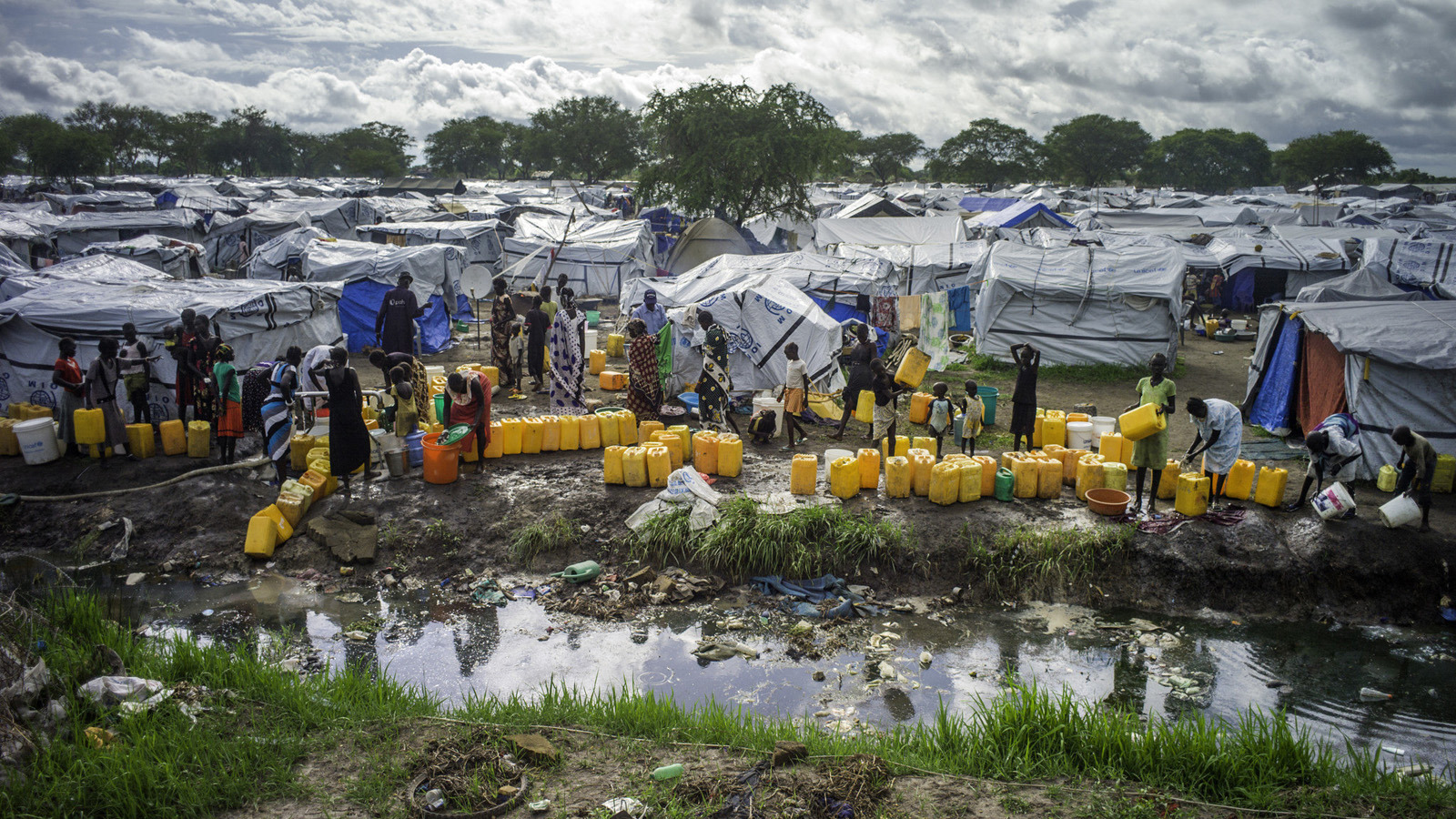Five to read:
A deadly spiral of sectarian violence - a year on from IS onslaught on Iraq
This detailed interactive report from Amnesty International is a “story map” timeline of the suffering endured by Iraqi civilians caught up in the conflict between the self-declared Islamic State (IS) and government forces. Witness accounts are coupled with Amnesty’s own research into the various massacres perpetrated by IS and different militia groups.
Yemen’s tragedy: A First Responder's Blog
International Medical Corps (IMC) health program officer Doa’a Kutbi Omer was forced to flee her home in Aden, Yemen, together with her husband and young baby after her neighbourhood came under attack last month. In this collection of moving diary entries, she describes how the violence has affected her daily routine – she is now one of 22 people sharing a four-bedroom apartment – and her work, as she now tends to conflict casualties in a hospital with limited supplies and electricity.
Briefing Papers: What are they for and what do they tell us?
Struggling to keep up with all the reports being churned out in the build-up to next year’s World Humanitarian Summit (WHS)? This bibliography produced for the recent ALNAP Global Forum for Improving Humanitarian Action pulls together all – or at least a long list of – the must-read literature on humanitarian reform, including NGO position papers and documents produced for and after the various WHS consultation events to date. Helpful graphics sort the papers into themes and topics for easy searching.
Core Humanitarian Standard: do NGOs need another set of standards?
The newly-launched Core Humanitarian Standard on Quality and Accountability (CHS) hopes to improve the quality and effectiveness of NGO work and make it more accountable. This Q&A takes a look at the CHS and what people in the sector think of the new standard. The idea was to lay out a more simple set of benchmarks, but is the CHS too bare-boned and generalised?
Cat-fight among the S. Sudan experts and the failure of peace-making
Academic and Sudan analyst John Young calls time on the “cat-fight” among experts over what went wrong in South Sudan, which was triggered by a recent Al Jazeera series examining the peace process. “To paraphrase Shakespeare, despite the sound and fury the quarrels between the various peace-makers and would-be peace-makers is essentially an in-house affair among people that share the same commitment to liberal peace-making and thus they are largely much ado about nothing,” he observes, while arguing for a fundamental shift in approach.
One to watch:
Al Jazeera Investigates – Al Qaeda Informant
A former al-Qaeda operative and government informant gives a startling interview to Al Jazeera, claiming that the Yemeni government of former president Ali Abdullah Saleh was working with Al-Qaeda in the Arabian Peninsula (AQAP) while simultaneously supporting the US-led drone campaign against the group.
One to listen to:
Will Anyone Help The Rohingya?
The Inquiry on the BBC World Service examines the plight of stateless Rohingya Muslims from western Myanmar who are forced into lives of poverty and exclusion. Interviewees ask why no one – even democracy icon and Nobel Peace Prize laureate Aung San Suu Kyi – appears willing to speak up for the heavily discriminated against minority.
Coming up:
AIDF Asia: Aid & Response Summit 2015
16-18 June, UN Conference Centre, Bangkok
This three-day conference brings together high-level representatives from governments, UN agencies, NGOs, academics and the private sector to discuss how technology and innovation can improve humanitarian and development work in the Asia-Pacific region, with a focus on disaster response and climate change. IRIN’s editor at large, Obinna Anyadike, will be moderating a panel on effective communication & humanitarian social networks.
From IRIN:
Eritrea rights report prompts protection rethink
Several nations recently toughened their stance on asylum requests from Eritrea after a Danish report suggested those leaving the country do so largely for economic reasons. After the results of a year-long UN inquiry appeared to directly contradict these findings, IRIN asks if those countries should not think again about their hasty policy shift. The UN commission found evidence of a totalitarian state responsible for “systemic, widespread and gross human rights violations” that include extrajudicial executions, torture, arbitrary detention, enforced disappearances and a system of indefinite national service that amounts to forced labour.
lr/ag





